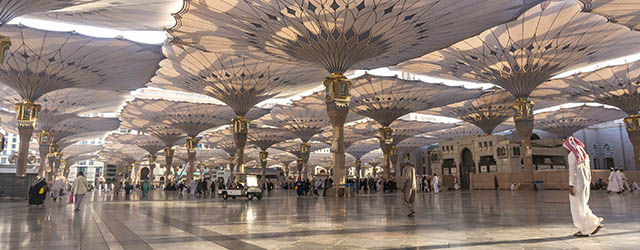Islamic finance is breaking out, as long-awaited regulatory reform takes hold in key nations, boosting transparency and driving new business.

Table Of Contents
Islamic banking, long focused on core markets like Saudi Arabia, Malaysia and the UAE, has been expanding rapidly, as other nations seek to access the global pool of Islamic investors to help finance local infrastructure projects. According to EY’s World Islamic Banking Competitiveness Report 2014’15: Participation Banking 2.0, Islamic banking assets in fast-growing markets like Qatar, Indonesia, Saudi Arabia, Malaysia, the UAE and Turkey will reach $1.8 trillion by 2019. Sub-Saharan African nations are also becoming players in non-interest-bearing, or participation, banking.
In Europe, the sector has a foothold in the UK and has seen pockets of progress, including Turkey’s Kuveyt Türk Participation Bank’s license to offer banking services in Germany, granted by the nation’s Federal Financial Supervisory Authority in March.
Leading Islamic finance providers, including many winners of this year’s awards, continue to innovate across sukuk (the Islamic finance equivalent of bonds), Islamic funds, structured products, trade finance and microfinance. Innovative providers have identified opportunities for Islamic finance to make a difference in areas such as SME (small and midsize enterprises) financing, where conventional banks have, more or less, retreated. However, profitability, return on equity, risk management and investment in digital banking services are still challenges for Islamic banks, compared with their conventional counterparts.
The difficulty for Islamic banking as it goes mainstream, said Ashar Nazim, global Islamic finance leader at EY, “will be eliminating operational silos and leveraging customer insights to improve risk management, pricing and channel performance.”
The eighth annual Global Finance Islamic Financial Institutions Awards honor the leading shariah-compliant institutions in the regions, countries and product areas in which Islamic banking has an established or growing presence. The awards criteria incorporate subjective and objective factors, including knowledge of local conditions and customer needs, profitability, reputation and market standing, innovation in products and services, effective use of technology and safety and security. Some winners may be the only Islamic financial institution in their markets, but as pioneers they are setting the standard for others to follow.



